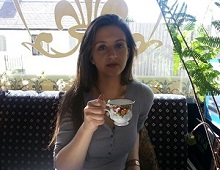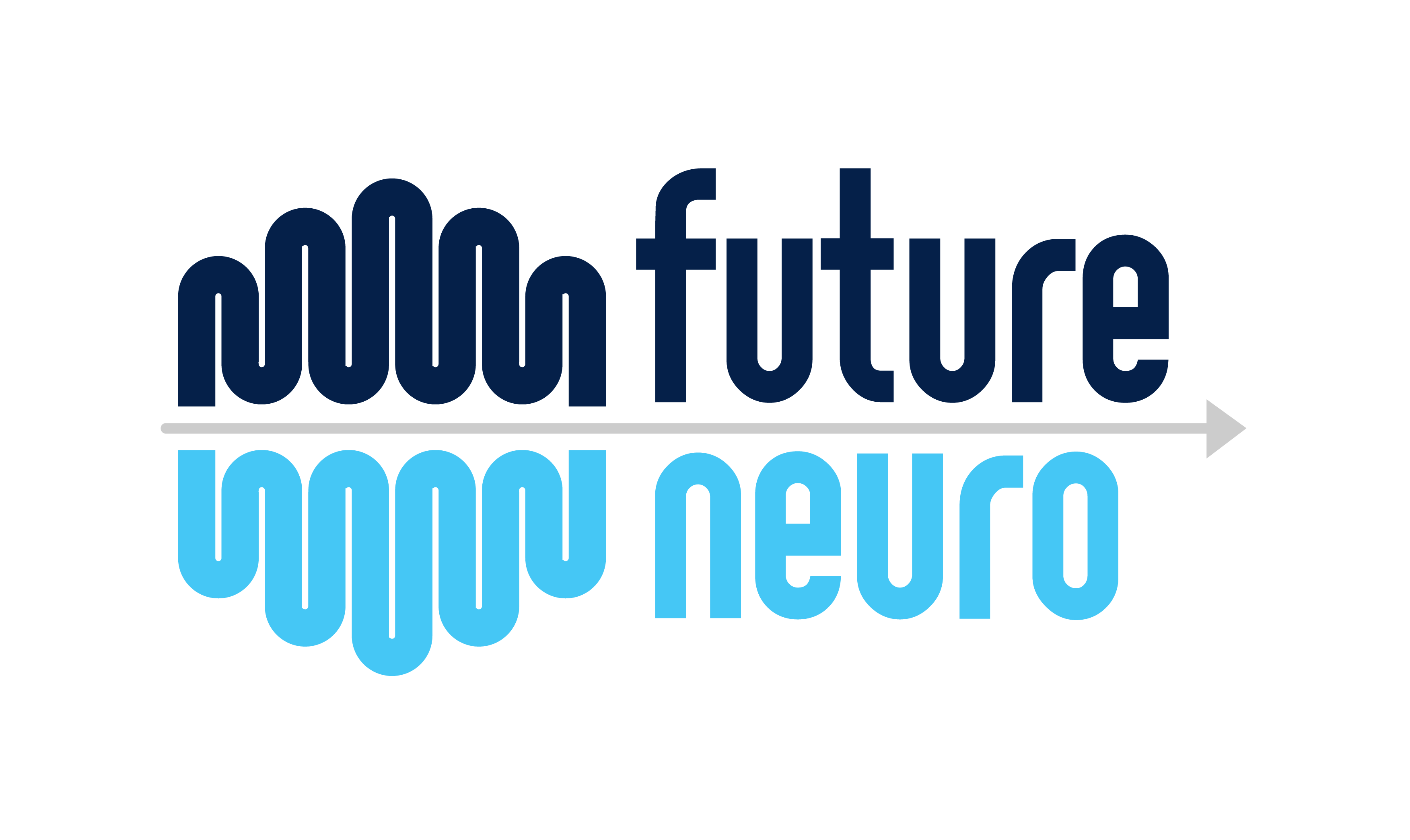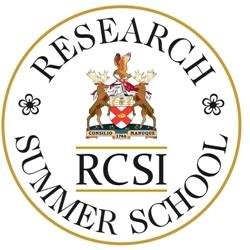
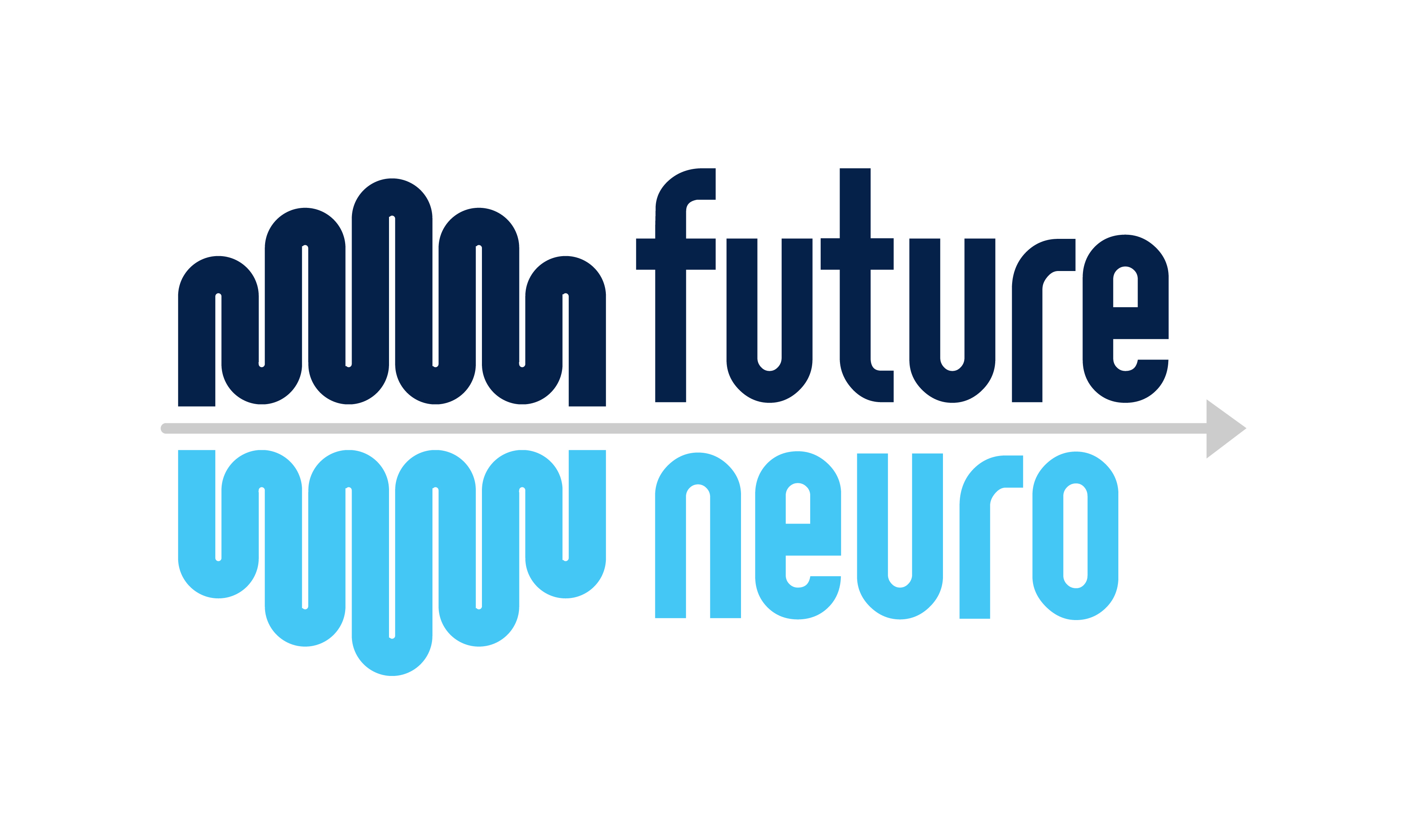
FutureNeuro Summer Students share their experience of working in an SFI Research Centre
The RCSI Summer Studentship encourages the early development research skills for undergraduate students. This was FutureNeuro’s first time welcoming students to our new SFI research centre, and to RCSI. In the middle of June, we welcomed Jack Banks, Sorcha Lynch, Sarah O’Grady and Therese McCann to our office and lab environments to immerse them in the world of neuroscience and genetics research.
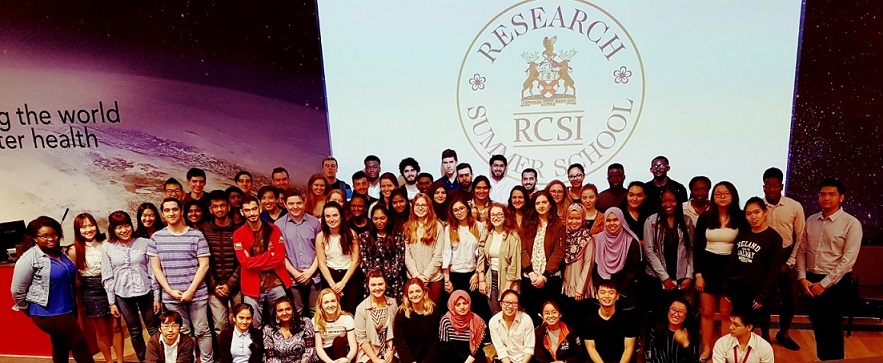
For some students, like Jack, the summer was a good transition period until his next step. Jack was due to graduate with a BSc. Human Health & Disease from Trinity College Dublin when he was encouraged by FutureNeuro PI Prof Colin Doherty to apply. Jack agreed and decided “carrying out a FutureNeuro Summer Studentship would be a very useful stepping stone” for his career.
As the eight-week programme began, the students got stuck into their work. Each day was different with tasks including hands-on experience of wet lab and bioinformatics techniques including Western Blotting, RNA extraction, FluoroJade staining, Immunofluorescence staining, and microscopy. Students also got involved in sequencing DNA all the way to dissecting the resulting data.
Kilkenny native Sarah said patience and perseverance were the two things she benefited most from during the summer, “I learned that if you persevere and aren’t afraid to make mistakes, you will be more perceptive as to where you are making your mistakes, become more efficient, and most importantly, more confident in your abilities and work.” Sarah also noted the passionate and hardworking team of researchers that she worked alongside in Prof Matthew Campbell’s lab in TCD. Working alongside a team that enjoyed the work they do made the lab such a positive learning environment for Sarah.
While Trinity student Therese worked in PI Prof. Gianpiero Cavalleri’s lab, she began to understand the complexities of genetics and the huge questions that face researchers, “the moment you think you understand something is usually the moment another layer of complexity is revealed!” Never one to stop when faced with a challenge, Therese embraced her lab work and acknowledged, “Research such as FutureNeuro’s has the potential to really change people’s lives, which I find very inspiring”.
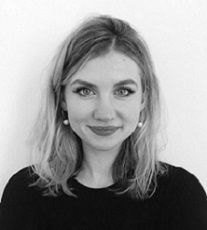
While working in research can differ from a lab tutorial, Sorcha explained that the key foundation of following protocols with precision and accuracy to achieve a result and then making a conclusion based on those results were a transferrable skillset she learned from her time studying Medicine at UCD.
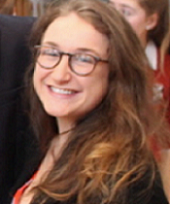
“I now have a completely different viewpoint on research and definitely want to include it in my future career as a Doctor” explains Sorcha, who worked in Centre Director’s Henshall lab. “FutureNeuro has many exciting prospects and is a fantastic example of how clinicians and scientists can collaborate, bringing their unique experiences, techniques and knowledge to the table in order to achieve more”.
Each day was different for the summer students, they could be observing or helping out with some of the PhD students or research fellows on a given day. Some students got hands on processing data, attending department meetings and even helping at the Epilepsy clinic in St James’ Hospital. This was was a huge step for Jack as he mentions that, during his undergraduate course, he was
“not taught any clinical skills, so learning how to appropriately interact with patients in the clinic was a major learning curve for me. However, I found by the end of the 8 weeks I was very comfortable interacting and talking to anyone that I encountered!”
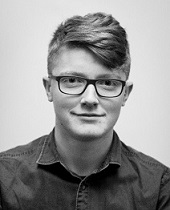
As the students prepare for the next step, and continue with college applications and job searching, all four concluded that the Summer School has opened their eyes to a potential career in research. Sorcha hopes to incorporate valuable research into her clinical career, Therese has her sights set on combining industry work alongside research and Jack is taking the leap to prepare his PhD application.
3/4 of us #WhereIsSarah #SIC18 pic.twitter.com/8w2Gcod1ur
— FutureNeuro Centre (@Futureneuro_ie) June 22, 2018
Finally, Sarah shows wise beyond her years as she reflects on her studies, and future career, and offers advice that should be taken on board no matter if you are an undergrad or an experienced Professor -“always welcome constructive criticism; it’s what makes you a better scientist.”
